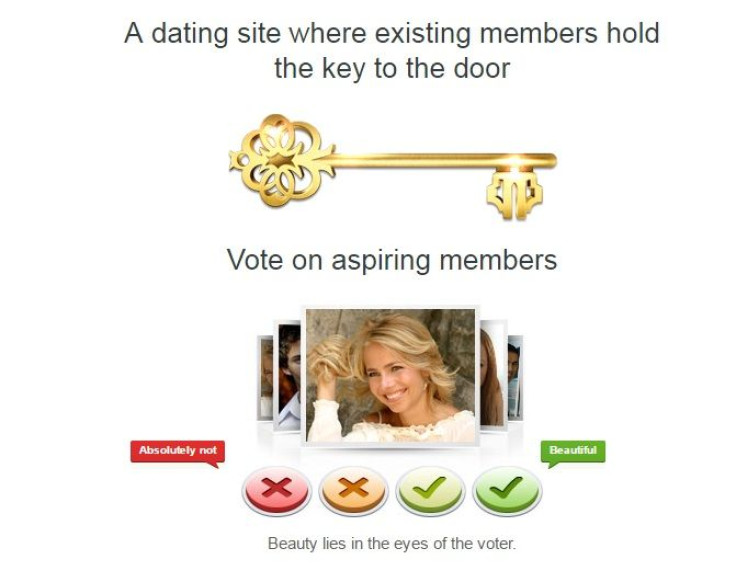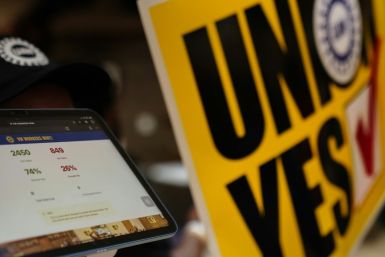Hackers breach data of BeautifulPeople.com: Australian government workers exposed on dating site

The personal details of a number of Australian government workers have been compromised ater the online dating site BeautifulPeople.com has been hacked. The personal details of the site’s 1.1 million users were sold online by the hackers.
According to Forbes, it was in December when the online dating site, which accepts members based on their looks, was reported to be breached. Researcher Chris Vickery passed the news to Forbes. However, BeautifulPeople.com downplayed the incident, saying the compromised data came from test server.
The situation appeared to be more serious than the website admitted, though. Australian security agent Troy Hunt of HaveIBeenPwned.com said the breach is one of the worst in recent memory. He claimed that the information taken from the site was sold online. He said his contact who handed him the data operated in “data trading circles.”
The users’ leaked data included their physical looks and body type, habits, interests, job, education, email address, mobile number, as well as their location data.
“Anyone using the site expecting privacy should now consider themselves exposed, right down to their appearance, whereabouts and interests,” Forbes reports. Hunt said the breach included over 100 individual data attributes per person.
Among the exposed users were 18 Australian government workers from the ministries of Education, health and Employment, Hunt told ninemsn. The number is based on the users’ government email addresses, which revealed that some of the members were from the Parliament of South Australia and Ku-ring-gai Council in Sydney’s northern beach suburbs.
BeautifulPeople.com brags it has physically attractive members. New applicants are rated by existing members based on their attractiveness over a 48-hour period. Applicants may be rejected if the members do not find them “beautiful.”
When the infamous adultery dating site Ashley Madison was hacked in 2015, it was revealed that over 800 email addresses related to the Australian government. There was no evidence that the individuals who owned the email addresses signed up for membership, though.






